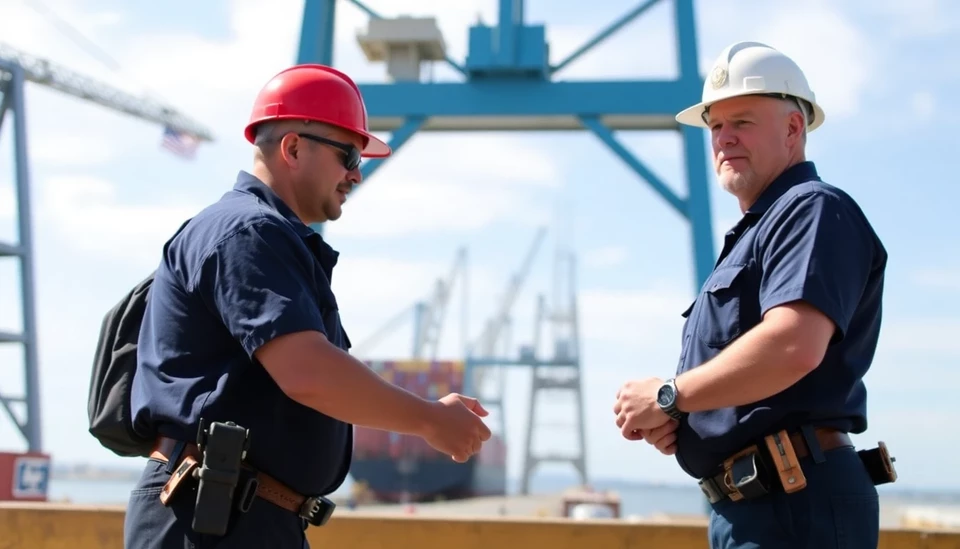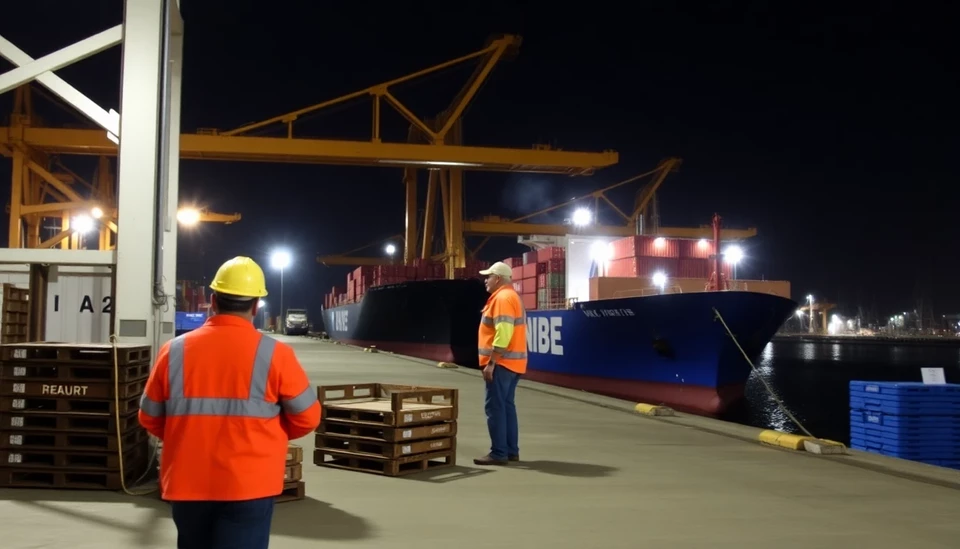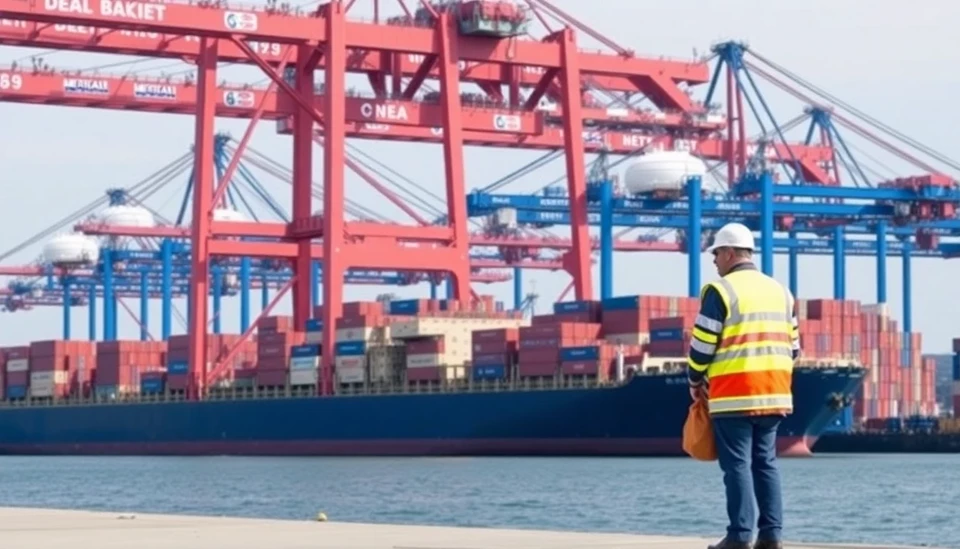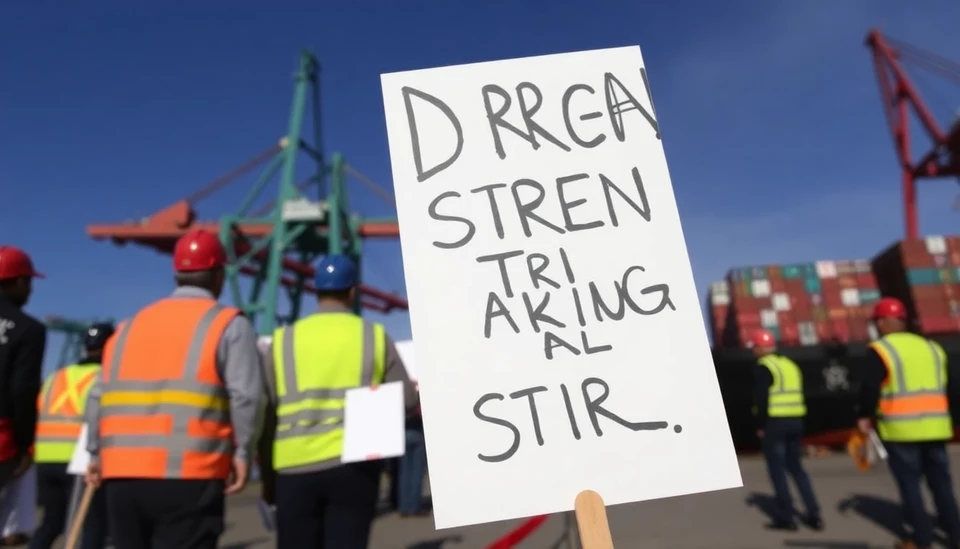
In a recent development that has sent shockwaves through the shipping and logistics sectors, U.S. dockworkers have chosen to call off negotiations once again over critical labor issues, primarily due to the contentious topic of automation. The ongoing dialogue with employers has become increasingly fraught, with both sides struggling to find common ground as the industry faces rapid technological advances.
The International Longshore and Warehouse Union (ILWU), representing dockworkers along the West Coast, announced that they would temporarily cease discussions with employers under the Pacific Maritime Association (PMA). The union's demands center around the growing implementation of automated systems in ports, which labor leaders argue threatens job security for thousands of union members.
This decision marks yet another halt in negotiations that have already been characterized by tension and uncertainty. The ILWU has expressed concerns that the rise of automation could lead to significant job losses and a shift in labor dynamics, posing challenges not only for dockworkers but also for the broader labor market in the logistics sector.
Employers, on the other hand, argue that automation is necessary to improve efficiency, reduce costs, and remain competitive in a global economy that increasingly favors technological integration. They highlight that investments in automated processes can ultimately lead to increased capacity and improved service levels, which benefit all stakeholders in the long run.
The disagreement over automation is exacerbated by the backdrop of a recovering but volatile supply chain environment. As businesses continue to navigate post-pandemic challenges, the intersection of labor relations and technological change is becoming a pressing issue. Many industry analysts and observers are watching closely to see how these negotiations unfold, as they could have significant implications for the future of dock labor in the U.S.
In light of this standoff, the ILWU has urged its members to remain vigilant and prepared, signalling that they may take more assertive actions if necessary to safeguard their jobs and working conditions. Meanwhile, the PMA has reiterated its commitment to engaging in constructive dialogue with the union but has acknowledged the complexities introduced by the issue of automation.
As this situation develops, it remains to be seen how both sides will navigate the challenges ahead. The dockworkers' decision to pause negotiations underscores the broader struggle between labor rights and technological advancements, an issue that resonates across numerous industries in today’s economy.
With no immediate resolution in sight, labor relations experts emphasize the critical need for dialogue between workers and employers to address these concerns transparently. The outcome of this standoff could significantly shape not only the future of dockworker employment but also the landscape of labor relations in a technology-driven world.
As we continue to monitor this situation, stakeholders from across various sectors are urged to stay informed and engaged in the conversations surrounding labor rights, automation, and the future of work.
#dockworkers #automation #ILWU #PMA #laborrelations #supplychain #jobsecurity #technology #WestCoast
Author: Laura Mitchell




